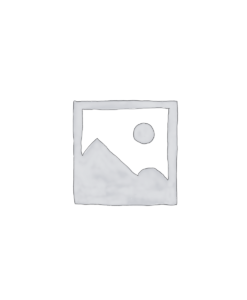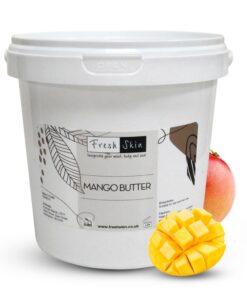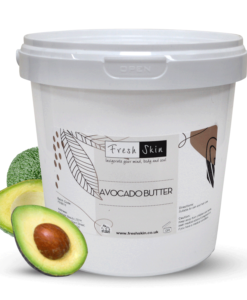Description: Myrrh is mainly found in Ethiopia, Somalia, Saudi-Arabia, Iran and Thailand.
It is a material that has been used in perfumes, incense, and embalming for thousands of years.
Its astringent, antiseptic properties have been used to treat acne as well as mild inflammatory conditions. Along with this, Myrrh is especially good for wrinkled, chapped and cracked skin, as it has soothing & calming effects.
In Chinese medicine, myrrh is classified as bitter, spicy, neutral in temperature and affecting the heart, liver, and spleen meridians. Its uses are similar to those of frankincense, with which it is often combined in decoctions, liniments and incense. Myrrh is more blood-moving, while frankincense tends to move the gi more, and is better for arthritic conditions. Myrrh is one of the most effective of all known disinfectants. It increases circulation, heart rate and power. It is useful for amenorrhea, dysmenorrhea, menopause and uterine tumors, as it purges what in Chinese medicine is known as stagnant blood out of the uterus. Myrrh is good for many chronic diseases, including obesity and diabetes. It helps toothache pain applied externally. An excellent liniment for bruises, aches and sprains is made from a combination of myrrh, golden seal and cayenne, macerated in rubbing alcohol for about two weeks. Combined with peach seeds and safflower, myrrh is good for stomatitis, gingivitis and laryngitis.
Myrrh is most commonly used in Chinese medicine for rheumatic, arthritic and circulatory problems.
Myrrh is used more frequently in Ayurveda, Unani medicine and Western herbalism, which ascribe to it tonic and rejuvenative properties. Myrrh (Daindhava) is used in many rasayana formulas in Ayurveda, formulas which are non-toxic tonics which will strengthen anyone regardless of constitutional type.
In western pharmacy this herb is a powerful antiseptic and is a strong cleaning and healing agent, soothing the body and speeding the healing process. It is most often used in mouthwashes, gargles and tooth pastes for fighting and preventing gum disease. Myrrh is currently used in some liniments, healing salves that may be applied to abrasions and other minor skin ailments.
Contraindications; Outside of this form myrrh is contraindicated for pregnant women or women with excessive uterine bleeding. It should not be used with evidence of kidney dysfunction or stomach pain. Best used as 5% or less of a formula.








Reviews
There are no reviews yet.